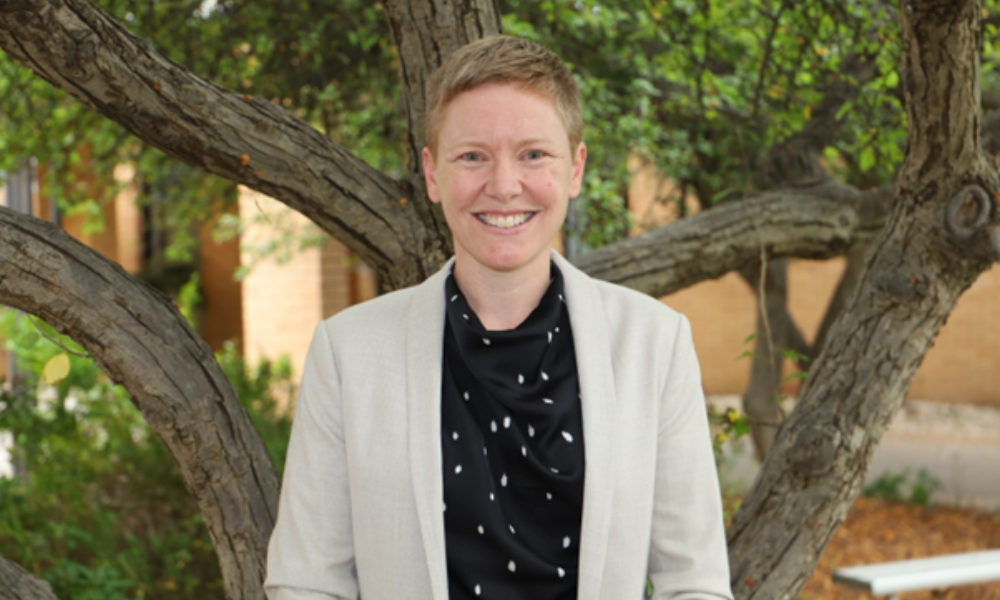
The ACT Victims of Crime Commissioner says that lawyers can help shape and refine legal frameworks

ACT Victims of Crime Commissioner Heidi Yates believes that the legal profession provides “essential leadership in areas of growing concern” like AI ethics and tech development.
Last week, Yates told Australasian Lawyer that social justice principles are her life’s “guiding force”; in the second part of this interview, she tells us about the role lawyers can play in shaping tech-related legal frameworks, and the role of 90’s rock in her “favourite days” in life.
The legal profession plays a pivotal role in addressing both local and global challenges, providing essential leadership in areas of growing concern. Clients across private, community, and government sectors are increasingly turning to lawyers for guidance on complex issues such as the ethical implications of AI, safeguarding privacy in an evolving digital landscape, and combating tech-based abuse. As technology advances, lawyers have a unique opportunity to shape and refine legal frameworks that are not only responsive to current needs but also adaptable to future developments.
Most importantly, the legal profession must be proactive in promoting access to justice for all. Amid the current cost-of-living crisis, an ever-growing number of Australians are unable to afford essential legal services. Sliding-scale fees and innovative pro bono initiatives undoubtedly help to bridge the justice gap. Further, the profession has an essential role to play in partnering with Legal Aid, Community Legal Centres and Aboriginal and Torres Strait Islander Legal Services to advocate for the expansion of free legal help. This will ensure that everyone, regardless of their financial situation, will have a fair chance to address legal challenges and seek justice. Through these efforts, the legal profession can reaffirm its commitment to fairness, equality, and the protection of fundamental rights for all.
In this federal election year, I am looking forward to a much-needed national conversation on how to best advance self-determination for Aboriginal and Torres Strait Islander peoples, especially in light of the 2023 referendum.
Further, the prevention of family and sexual violence is now squarely on the national agenda. I am excited to apply my legal and strategic expertise to developing innovative solutions that address the complex relationship between digital technologies and interpersonal violence. From electronic monitoring and the digital strip-searching of crime victims to exploring how AI can reduce tech-assisted abuse, there is an incredible amount of vital work to be done. I’m looking forward to working alongside the network of experts, including those with lived experience of such violence, who are already mobilising across the country to tackle these urgent challenges.
I warmly recall many memorable life moments, including the day in 2006 when my long-term mentor, Ms Pam Lyndon, moved my admission to the ACT Supreme Court, kicking off my legal career. Ultimately, my favourite days in life have been those spent messing around in the garden listening to 90’s rock, hiking through new places, fiercely debating social issues with friends and colleagues, and sharing meals with family and much-loved neighbours. Fortunately, I don’t have to go back in time to relive these days; I’m hoping to enjoy many more of them in the months and years ahead.